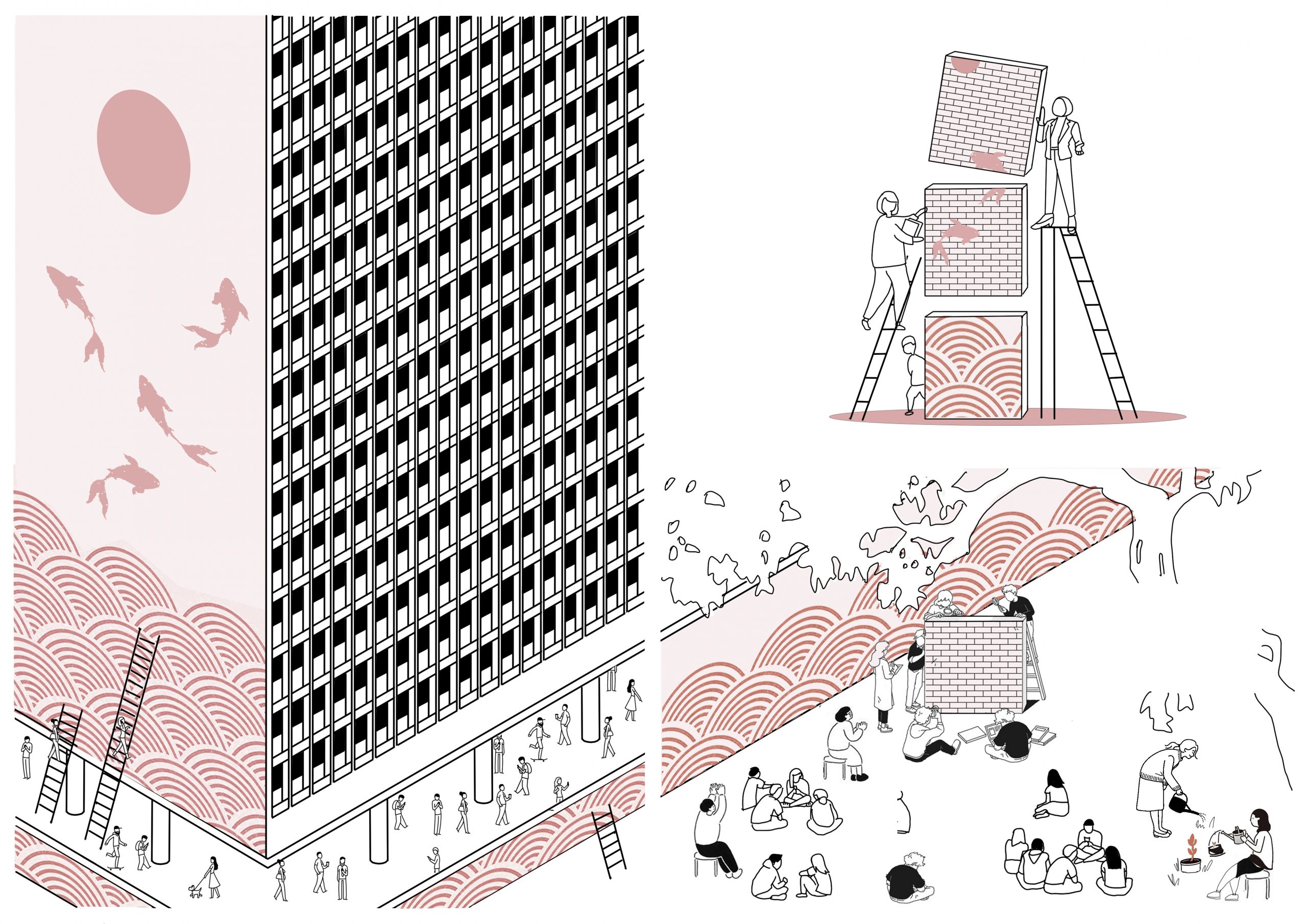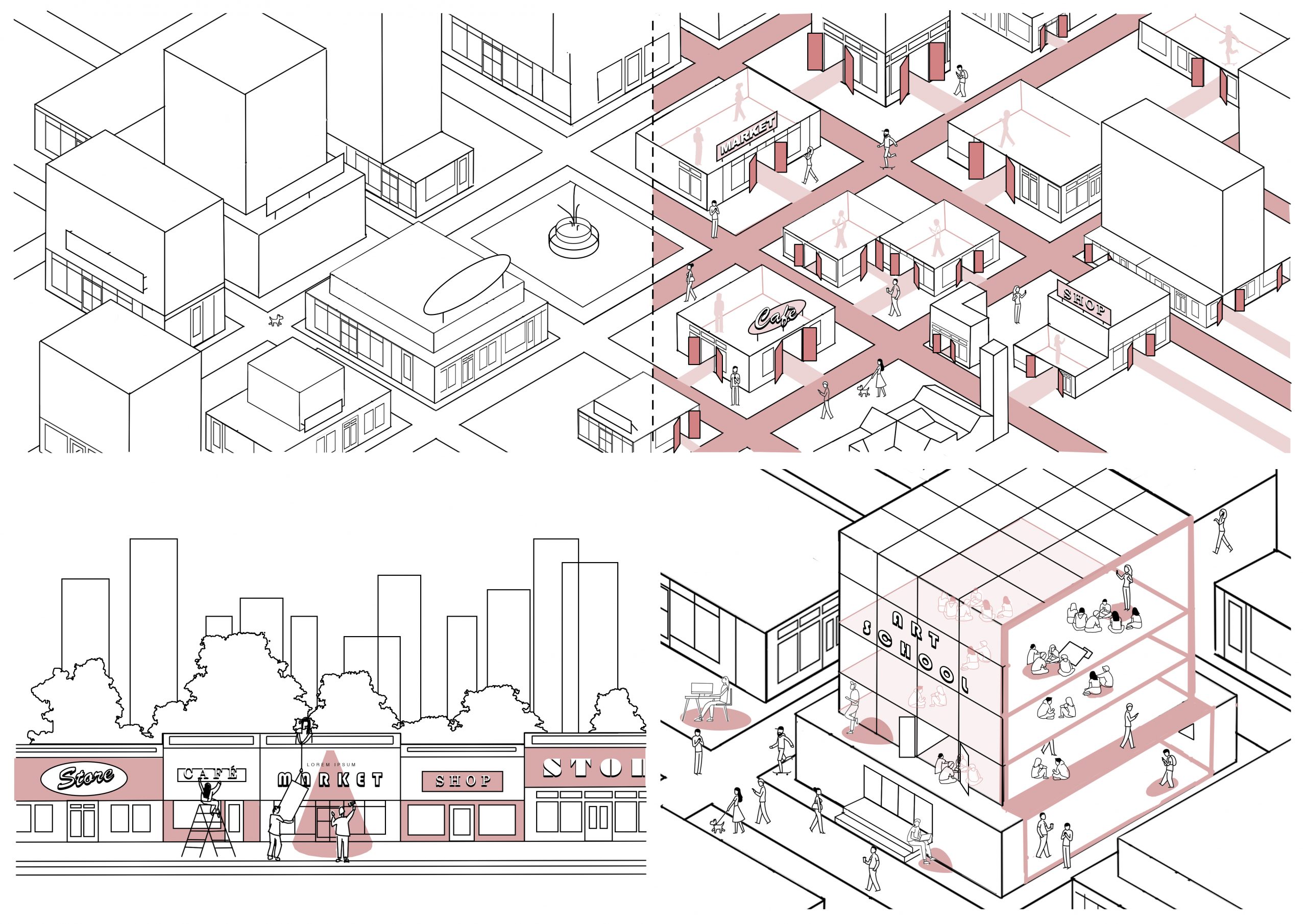RESEARCH
TRANS-URBAN-EU-CHINA: Transition towards urban sustainability through socially integrative cities in EU and China
2018 – 2021
One of the greatest challenges Chinese urbanisation is facing is how to best design and turn cities into “socially integrative” and sustainable environments. TRANS-URBAN-EU-CHINA aimed to help policy makers, urban authorities, real estate developers, public service providers and citizens in China to create socially integrative cities in an environmentally friendly and financially viable way. Moreover, it aimed at helping urban stakeholders in Europe to increase their knowledge about urban development in China and to reflect on approaches towards sustainable urbanisation.
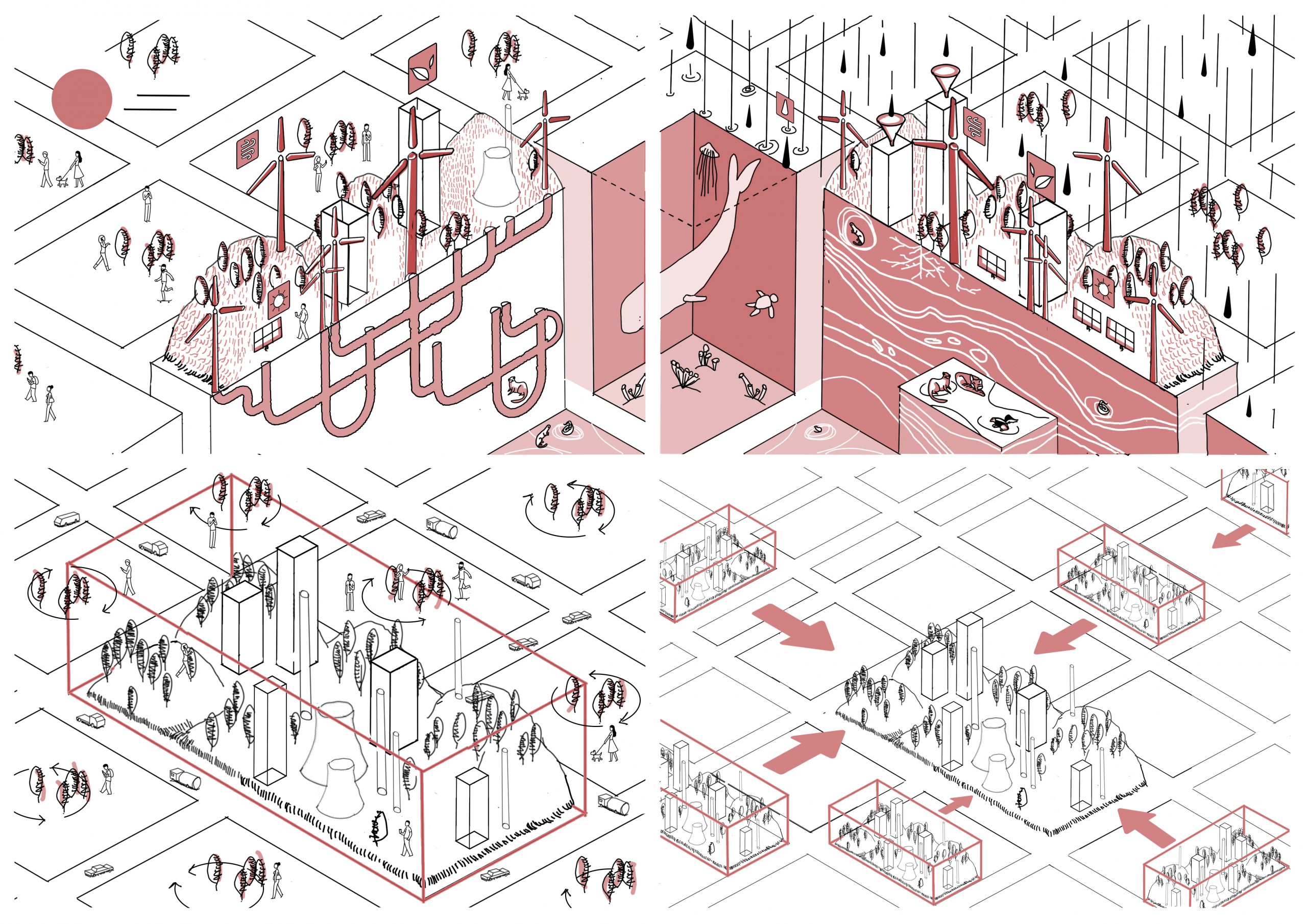
CREDITS:
Leading University: Technische Universität Dresden (TUD)
Partner Institutions: Politecnico di Torino (DAD + DIST + China Room research group), Leibniz Institute of Ecological Urban and Regional Development (IOER), AIT Austrian Institute of Technology GMBH (AIT), Eurocities ASBL (EUR), Israel Smart Cities Institute (ISCI), Istituto di Studi per L’Integrazione dei Sistemi (I.S.I.S) – Società cooperativa (ISINNOVA), Norwegian University of Science and Technology (NTNU), Università di Macerata (UNIMC), China Academy of Urban Planning and Design (CAUPD), Institute of Geographical Sciences and Natural Resources Research, Chinese Academy of Sciences (CAS), Chinese Academy of Science and Technology for Development (CASTED), China Center for Urban Development (CCUD), Tongji University (CIUC), Tsinghua University (THSA).
Research Grant: EU Horizon 2020 – No. 770141.
Research and Innovation Action: Cultural and Socio-Economic Aspects of Urban Issues in China, call ENG-GLOBALLY-08-2016/2017: EU-China cooperation on sustainable urbanisation.
Politecnico di Torino Research Funding: €109,475.00.
Politecnico di Torino Principal Investigator: Michele Bonino
Politecnico di Torino Research Team: Alberto Bologna, Francesca Frassoldati, Francesca Governa, Maria Paola Repellino, and Marco Trisciuoglio
MAIN PUBLICATIONS:
Hamama, B., Repellino, M.P., Liu, J., & Bonino,M. (2019). Transformative Factors of Post-Industrial Urban Spaces in China and Italy. In Bernhard, M., Liu, J., Cai, J., Schiappacasse, P., Neumann, H., Yang, B. (Eds.). Towards Socially Integrative Cities: Perspectives on Urban Sustainability in Europe and China (pp. 153–173). Basel: MDPI. DOI: 10.3390/books978-3-03936-679-8-7
Hamama, B., Repellino, M.P., Liu, J., & Bonino,M. (2019). The processes behind community cuilding and place making in transitional urban moments: A comparison between China and Italy. China City Planning Review, 28(2), 25–34.
Bologna, A., & Bonino, M. (Eds.) (2018). Daniele Ruffinoni e la Concessione Italiana: Strategie, Modelli, Eredità di un Progettista a Tianjin, Cina. Genova: Sagep, 2018.
Bonino, M. & Mancini, M. (2021). Reconnecting Human Body and Urban Space: Reading Tools and Design Practices, World Architecture, 369, 03, 78–86.
Repellino, M.P. (2019). On the intensity of surfaces: Lycée hôtelier de lille by Caruso St John Architects. World Architecture, 344, 02, 114–117.
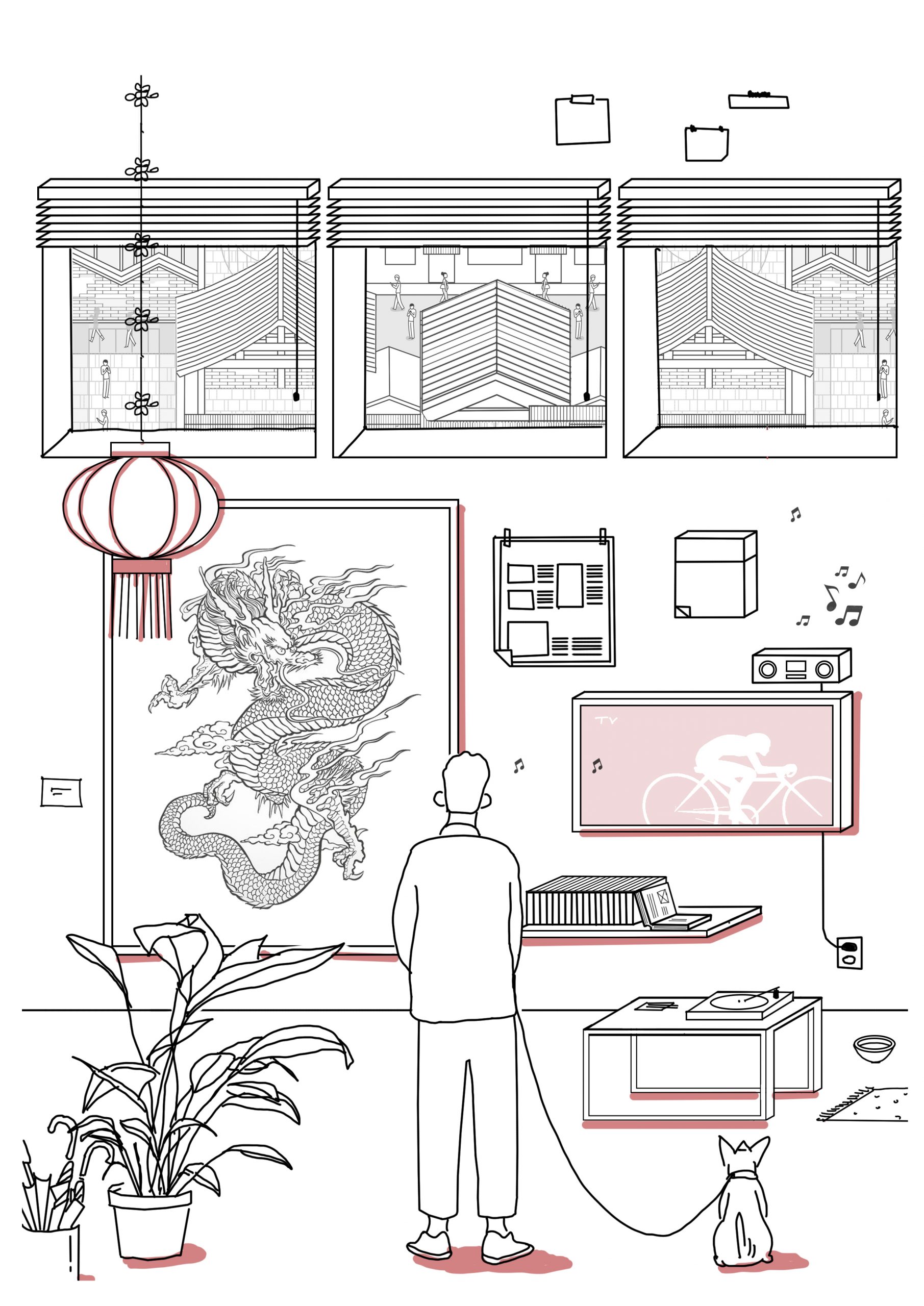
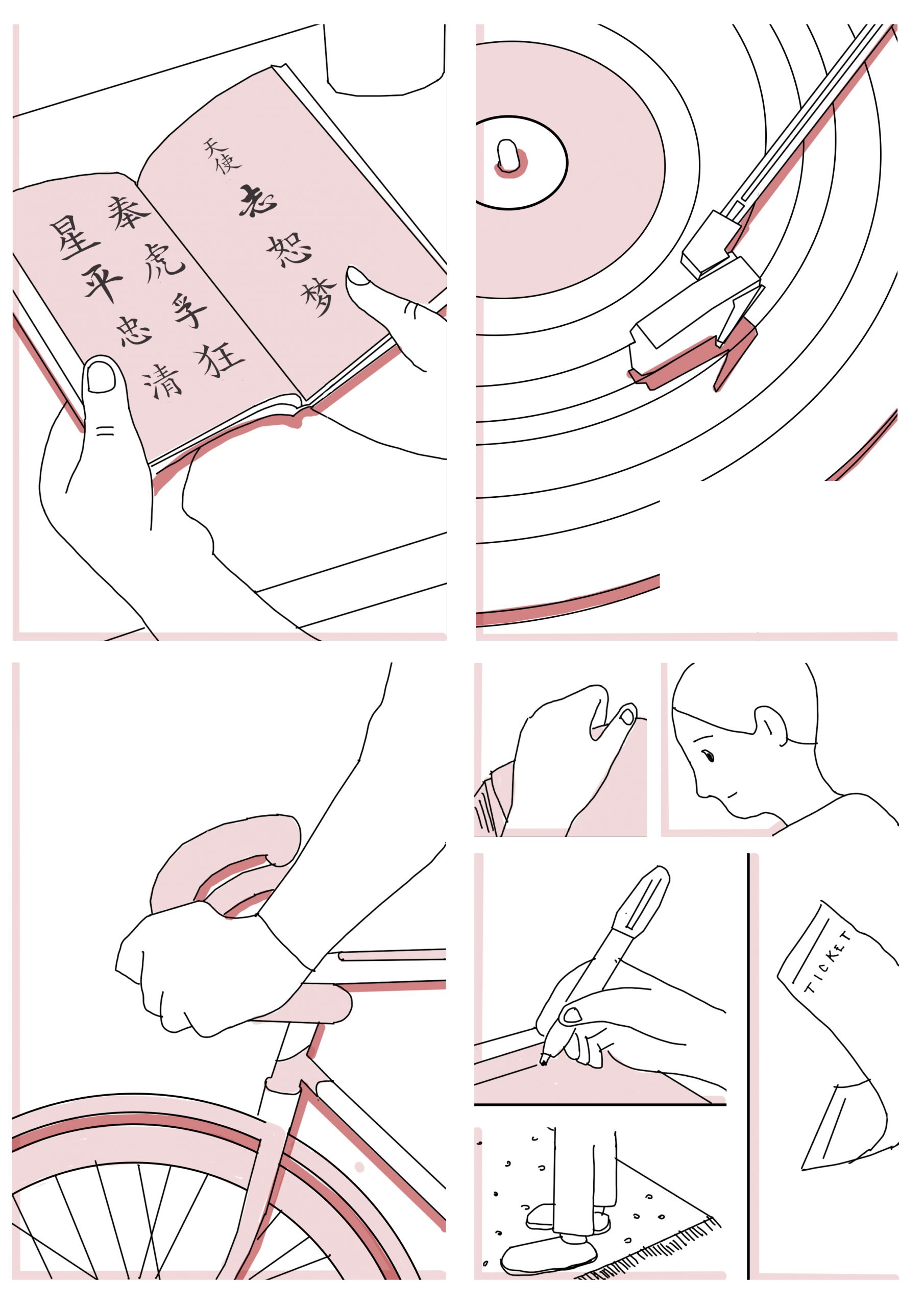
TRANS-URBAN-EU-CHINA addressed a foremost challenge of Chinese urbanisation: how to best design and turn cities into intelligent, socially integrative and sustainable environments. The uphold key objective of the project was to help urban stakeholders in Europe and China to create environmentally friendly, financially viable transition pathways towards socially integrative cities, for urban expansion as well as urban renewal. The project focused on: (a) community building and place-making in neighbourhoods; (b) bridging the planning-implementation gap in eco and smart cities; (c) land use planning and land management in new urban expansion and urban renewal areas; and (d) transition pathways to sustainable urban planning and governance. With eight European and six Chinese expert organisations,
TRANS-URBAN-EU-CHINA consortium created new insights, practices and role models in sustainable urban transitions in China. In order to achieve the main objective, the project: (a) developed a systematic and comparative knowledge base on transition experiences in Europe and China; (b) advanced tools and measures to support transition, and tested them in Living Labs in Chinese cities; and (c) elaborated related recommendations, discussed them with representatives of Reference Cities and a wider stakeholder community, and disseminated them through a variety of channels.
TRANS-URBAN-EU-CHINA consisted of six Work Packages strongly inter-linked among each other, multidisciplinary and inspired by transition principles. Politecnico di Torino with Tsinghua University leaded the Work Package 1: Community building and place-making in neighbourhoods. Research results included an overview over good practice examples in Europe and China, and a glossary of words and significant places related to integrated and design-oriented approaches that may contribute to create socially integrative neighbourhoods and cities, as well as related recommendations regarding applicable tools and visual stories for community building and social inclusiveness. More specifically, Politecnico di Torino developed Task 1.4: Place-making and design of public space. The research activities explored specific opportunities for intervention on public spaces in selected cases. In the placemaking project, urban public spaces were analysed as places of human activities where social interaction and participation happen. Moreover, the processes of social agreement for building new communities – as well as the forms of spatial organization where these agreements take place – were mapped. This work assessed the best practices in which place-making is influenced by the design quality of public spaces, and promoted spatial quality through a catalogue of design and planning approaches adapted to living conditions in China.
During the duration of the project, the TRANS-URBAN-EU-CHINA consortium conducted several activities. An internal Concept Group developed a shared understanding of the main principles and terms and defined the “socially integrative city”. This was especially useful because of the partners’ different cultural backgrounds and the differences in the use of use of words and notions in both parts of the world. In addition to the planned reports submitted to the European Commission and the large number of scientific publications, the main outcome was the book Towards Socially Integrative Cities. Perspectives of Sustainable Urbanisation in Europe and China (MDPI 2021). The book illustrates the original research results of the project and consists of 15 chapters, written by joint European-Chinese teams. Furthermore, the project consortium provided a compendium of tools and measures to support the transition towards “socially integrative cities”. It comprises the definition of “socially integrative cities”, thirty tested tools — which have proven to be useful in a number of cities in Europe and China —, good practice examples, and further references for reading. Finally, policy briefs as well as guidelines for cities, storylines and recommendations regarding the transition towards socially integrative cities were elaborated. They contain a number of practical suggestions for strengthening urban sustainability and have been discussed with experts from practice, academia and the civil society in both parts of the world.
